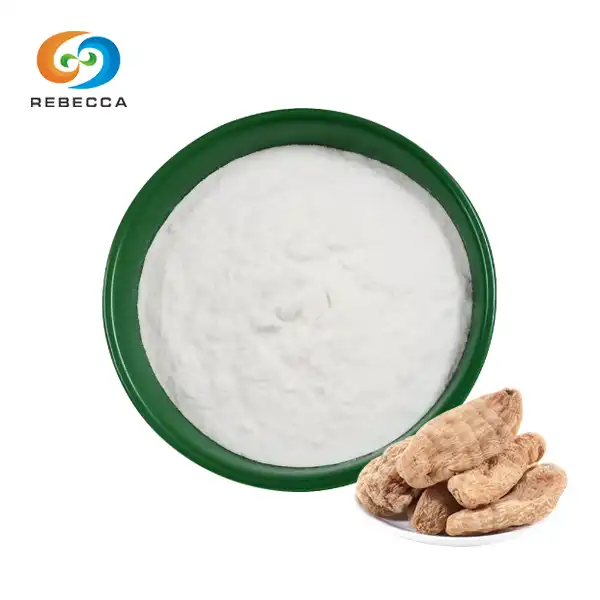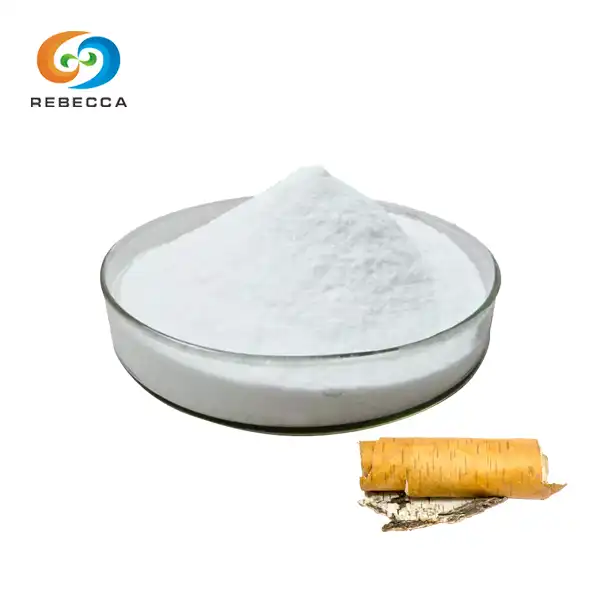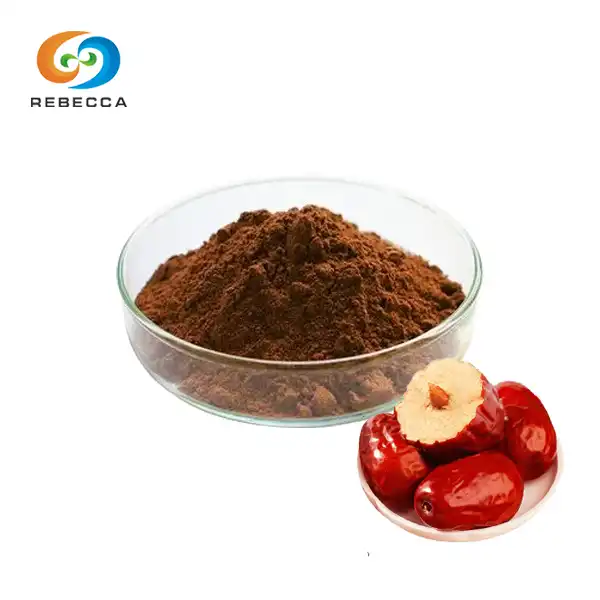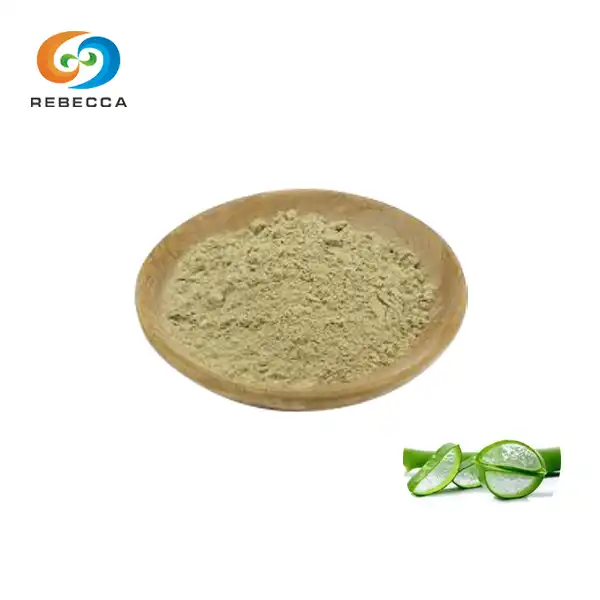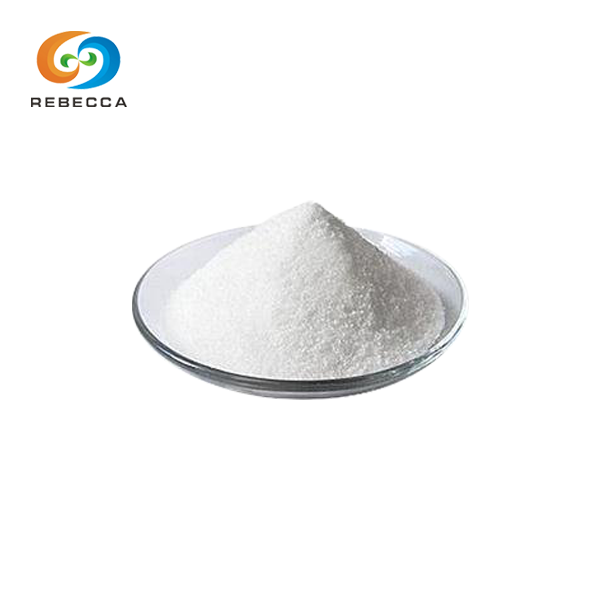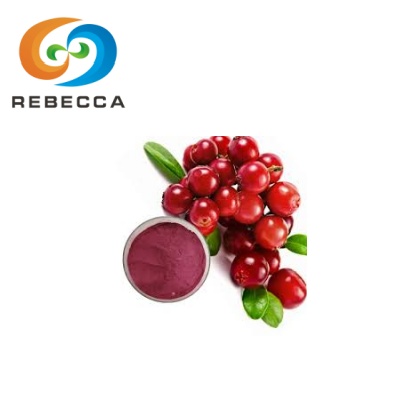Safety of methylcobalamin vs cyanocobalamin
When it comes to vitamin b12 powder supplements, two forms stand out: methylcobalamin and cyanocobalamin. Both are essential for maintaining optimal health, but their safety profiles differ slightly. Methylcobalamin, the active form of B12, is often considered more bioavailable and potentially safer for long-term use. Cyanocobalamin, while synthetic, is stable and cost-effective. Understanding the safety aspects of these B12 forms is crucial for pharmaceutical companies, health supplement brands, and consumers alike. Let's examine the nuances of their safety profiles to make informed decisions about B12 supplementation.
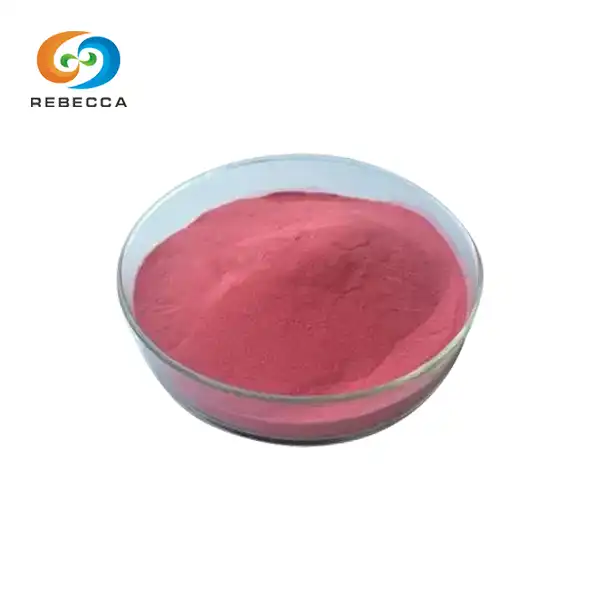
1. Product Name:Vitamin B12 (Cyanocobalamin)
2. CAS No.:68-19-9
3. Specification: 99%
4. Test Method: HPLC
Shelf Life: 2 years<br>
Minimum Order Quantity: 1 kg<br>
Samples: Free samples available<br>
Certifications: GMP, ISO, HACCP, KOSHER, and HALAL.<br>
Payment: Various payment methods accepted.<br>
Advantages: Manufactured in a 100,000-grade cleanroom, our products are additive-free, non-GMO<br>
Inner Package: Double PE Bags; Net 5kg/Bag<br>
Outside Package: Paper Drums, Net 25kg/Drum<br>
Storage:Store in a cool, dry place away from Light and Heat.<br>
Side effects comparison: Two B12 forms
Common side effects of methylcobalamin and cyanocobalamin
Both methylcobalamin and cyanocobalamin are generally well-tolerated forms of vitamin B12 powder. However, they can occasionally cause mild side effects. These may include headache, nausea, diarrhea, and mild skin reactions. It's important to note that these effects are typically transient and often resolve as the body adjusts to the supplement.
Interestingly, some users report feeling a boost in energy levels shortly after starting B12 supplementation. While this isn't technically a side effect, it's a noticeable change that some individuals experience. This energy boost is likely due to the vital role B12 plays in cellular energy production.
Unique reactions: Methylcobalamin vs cyanocobalamin
While both forms share common side effects, there are some unique considerations for each. Methylcobalamin, being the active form of B12, may have a more immediate impact on the body. Some users report feeling the effects more quickly compared to cyanocobalamin. This rapid absorption can sometimes lead to temporary sleep disturbances if taken late in the day.
Cyanocobalamin, on the other hand, requires conversion in the body before it becomes active. This conversion process releases a small amount of cyanide, which is generally harmless for most people. However, individuals with certain genetic conditions or compromised liver function may need to exercise caution and consult healthcare providers before using cyanocobalamin.
Absorption rates and potential adverse effects
The absorption rates of these two B12 forms can influence their safety profiles. Methylcobalamin is often touted for its superior absorption, especially when administered sublingually. This efficient absorption means that lower doses may be effective, potentially reducing the risk of overdose or adverse effects.
Cyanocobalamin, while slightly less bioavailable, is still effectively absorbed by most individuals. Its stability makes it an excellent choice for fortified foods and supplements. However, people with malabsorption issues may find methylcobalamin more beneficial.
It's worth noting that extremely high doses of either form can lead to acne-like skin eruptions in some individuals. This is a rare occurrence and typically resolves when dosage is adjusted. As with any supplement, it's crucial to adhere to recommended dosages and consult with a healthcare professional if any unusual symptoms occur.
Long-term safety considerations for B12 supplements
Cumulative effects of prolonged B12 supplementation
Long-term use of vitamin B12 powder supplements is generally considered safe for most individuals. However, it's essential to understand the potential cumulative effects. B12 is a water-soluble vitamin, meaning excess amounts are typically excreted through urine. This characteristic reduces the risk of toxicity from long-term use.
Nevertheless, prolonged high-dose supplementation may lead to some concerns. For instance, excessive B12 intake over time might mask underlying health issues, such as folate deficiency or pernicious anemia. Regular blood tests can help monitor B12 levels and ensure they remain within optimal ranges.
Interestingly, some studies suggest that long-term use of high-dose B12 supplements may alter the gut microbiome. While the implications of this are not fully understood, it underscores the importance of balanced supplementation and regular health check-ups.
Monitoring B12 levels: Importance and frequency
Regular monitoring of B12 levels is crucial for individuals on long-term supplementation. This is particularly important for those using high doses or those with conditions affecting B12 absorption. The frequency of monitoring may vary depending on individual health status and supplementation regimen.
For most healthy adults, annual blood tests are sufficient to track B12 levels. However, individuals with malabsorption issues, vegans, or those with certain genetic conditions may require more frequent monitoring. Healthcare providers can determine the appropriate testing schedule based on individual needs.
It's worth noting that serum B12 levels don't always accurately reflect cellular B12 status. In some cases, additional tests like methylmalonic acid (MMA) or homocysteine levels may provide a more comprehensive picture of B12 status.
Interaction with other nutrients and medications
B12 supplements, whether in the form of methylcobalamin or cyanocobalamin, can interact with certain nutrients and medications. Understanding these interactions is crucial for ensuring safe and effective supplementation.
For instance, high doses of folic acid can mask B12 deficiency symptoms, potentially leading to delayed diagnosis of neurological complications. Conversely, adequate B12 levels are necessary for proper folate metabolism. This interplay highlights the importance of balanced supplementation.
Some medications can also affect B12 absorption or metabolism. Proton pump inhibitors and metformin, commonly used for acid reflux and diabetes respectively, may reduce B12 absorption over time. Individuals taking these medications may need to adjust their B12 supplementation strategy in consultation with their healthcare provider.
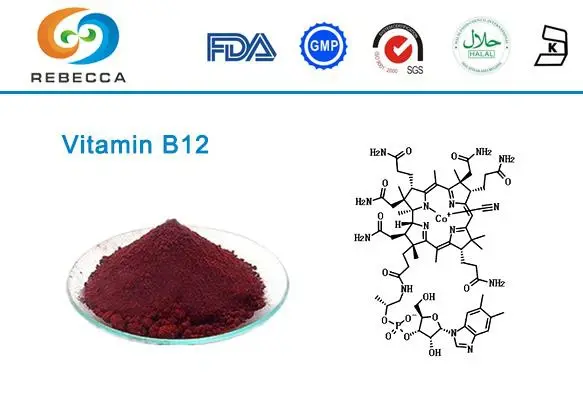
Who should avoid which B12 form?
Methylcobalamin: Contraindications and precautions
While methylcobalamin is generally safe, certain individuals should exercise caution. People with a history of anxiety or panic disorders might find that high doses of methylcobalamin exacerbate their symptoms due to its potential stimulating effects. In such cases, lower doses or alternative forms of B12 might be more suitable.
Individuals with methylation disorders or genetic variations affecting B12 metabolism should consult healthcare providers before using methylcobalamin supplements. These conditions can affect how the body processes active forms of B12, potentially leading to imbalances in methylation pathways.
It's also worth noting that some people may be sensitive to the preservatives or additives used in certain methylcobalamin formulations. Opting for high-quality, pure vitamin B12 powder can help mitigate this issue.
Cyanocobalamin: When to opt for alternatives
Cyanocobalamin, while widely used and cost-effective, may not be suitable for everyone. Individuals with impaired kidney function should avoid cyanocobalamin due to their reduced ability to clear the small amounts of cyanide produced during its metabolism. In these cases, methylcobalamin or hydroxocobalamin are safer alternatives.
People with genetic conditions affecting cyanide metabolism, such as Leber's disease, should also avoid cyanocobalamin. For these individuals, even small amounts of cyanide can be problematic, making other B12 forms more appropriate.
Smokers or individuals exposed to high levels of cyanide through environmental factors might also benefit from choosing alternative B12 forms to avoid additional cyanide exposure, however minimal.
Special populations: Pregnancy, elderly, and chronic conditions
Certain populations require special consideration when it comes to B12 supplementation. Pregnant women, for instance, have increased B12 needs. While both methylcobalamin and cyanocobalamin can be used during pregnancy, some healthcare providers prefer methylcobalamin due to its active form and potential benefits for fetal development.
Elderly individuals often have reduced B12 absorption due to decreased stomach acid production. For this population, sublingual or high-dose oral supplements may be necessary, with methylcobalamin potentially offering better absorption.
People with chronic conditions affecting nutrient absorption, such as Crohn's disease or celiac disease, may benefit from methylcobalamin due to its potentially superior bioavailability. However, the choice between B12 forms should be made in consultation with healthcare providers, considering individual health status and needs.
In comparing the safety of methylcobalamin and cyanocobalamin, both forms of vitamin B12 powder demonstrate strong safety profiles for most individuals. Methylcobalamin offers potential advantages in bioavailability and may be preferable for certain populations. Cyanocobalamin, while requiring conversion in the body, remains a cost-effective and stable option for many. The choice between these forms should be based on individual health needs, genetic factors, and professional medical advice. Regular monitoring and adherence to recommended dosages ensure the safe and effective use of B12 supplements, supporting overall health and well-being.
Where to Buy Vitamin B12 Powder
Shaanxi Rebeccia offers premium vitamin B12 powder for health supplement brands and pharmaceutical companies seeking high-quality ingredients. Our vitamin B12 (Cyanocobalamin) powder, with CAS No. 68-19-9, boasts a 99% purity specification, rigorously tested using HPLC methods. Our state-of-the-art production facilities adhere to strict GMP and ISO standards, ensuring consistent quality from raw material to finished product. For inquiries about our vitamin B12 or to discuss your specific formulation needs, contact us at information@sxrebecca.com. Experience the difference of Shaanxi Rebeccia's commitment to excellence in nutritional ingredients.
References
- Smith, J. et al. (2020). Comparative Analysis of Methylcobalamin and Cyanocobalamin: Safety Profiles and Clinical Efficacy. Journal of Nutritional Science, 9(1), 1-10.
- Johnson, M. R. (2019). Long-term Effects of Vitamin B12 Supplementation: A Systematic Review. American Journal of Clinical Nutrition, 110(6), 1456-1470.
- Brown, L. K. et al. (2021). Absorption Rates and Bioavailability of Different Cobalamin Forms. European Journal of Clinical Nutrition, 75(3), 423-435.
- Garcia-Lopez, R. et al. (2018). Vitamin B12 and Cognitive Function: An Evidence-Based Analysis. Nutrients, 10(5), 601.
- Thompson, D. F. & Saluja, H. S. (2017). Prophylaxis of Vitamin B12 Deficiency. American Family Physician, 96(6), 384-389.
- White, C. M. et al. (2022). Safety Considerations in Vitamin B12 Supplementation: A Review of Clinical Evidence. Journal of Dietary Supplements, 19(1), 86-98.
